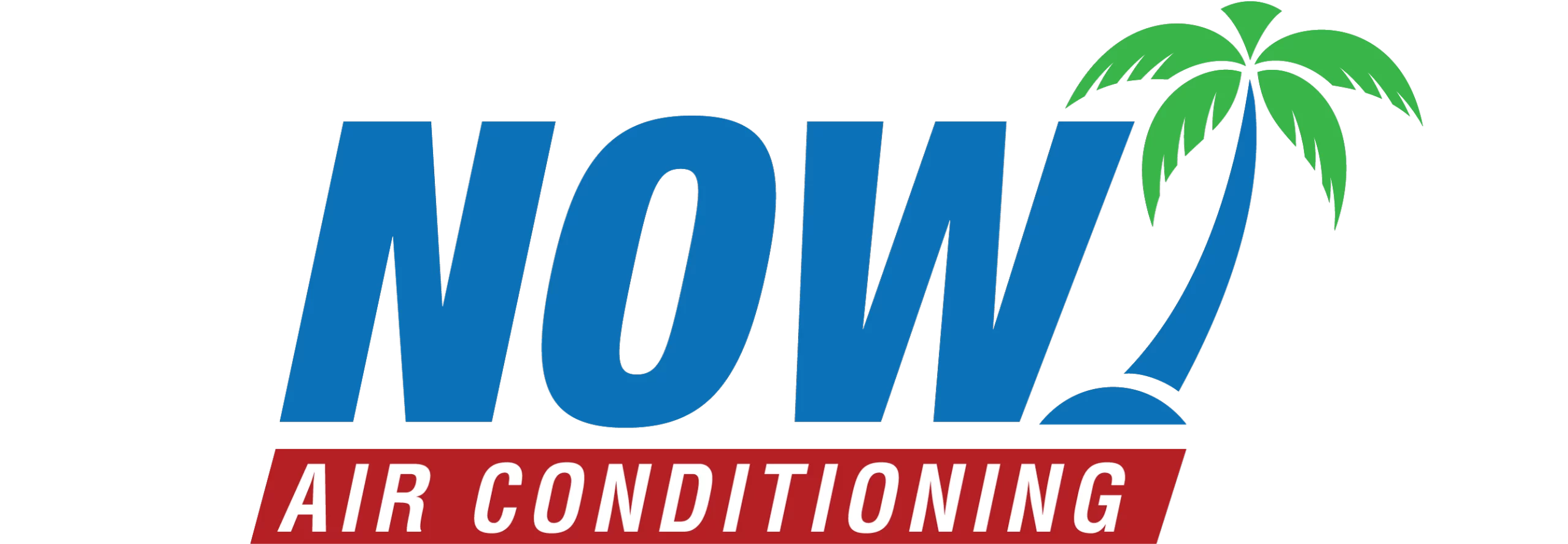 Whether it’s pollen, fallen leaves, or cottonwood, environment debris makes it necessary to clean outdoor air conditioners. Environmental debris in your AC doesn’t just look unsightly; it can significantly affect your unit’s efficiency and effectiveness.
Whether it’s pollen, fallen leaves, or cottonwood, environment debris makes it necessary to clean outdoor air conditioners. Environmental debris in your AC doesn’t just look unsightly; it can significantly affect your unit’s efficiency and effectiveness.
Why clean outdoor air conditioners?
An outdoor unit choked with dirt and debris struggles to perform its essential functions: namely, expelling heat from inside your home. This inefficiency can lead to longer run times and higher energy bills. It’s a classic case of the unit working harder, not smarter. Interestingly, a unit might appear spotless from a distance but be concealing layers of dirt between its fins. This hidden debris can cause your system to overheat and even shorten its lifespan.
Step-by-Step Guide to Clean Outdoor Air Conditioner
Preparation
Your safety is paramount. Before attempting any maintenance tasks, ensure the power supply to the unit is completely turned off. Preparing the unit often involves removing the top grill – this might require some basic tools – and carefully placing it aside so you have full access to the interior.
Cleaning Process
The most important step to clean outdoor air conditioners is washing the unit from the inside out with a gentle rinse from a garden hose. Think of it like a concentrated, consistent rain storm to clean your AC. This approach forces debris out the way it came in, preventing further clogging. It’s an enlightening before-and-after experience, visually demonstrating just how much debris had been affecting your unit’s performance.
Avoid Pressure Washer
As much as you’d like to, don’t use a pressure washer to clean your whole home AC. The intense pressure can bend or crush the delicate metal fins on your coil. A gentle stream of water from a garden hose is usually sufficient. Aim for thoroughness over intensity; it’s about displacing dirt without damaging parts.
Finishing Touches
After rinsing, ensure all components are back in their proper places and that the unit’s cover is securely reattached. While perfection in debris removal isn’t necessary – or often practical – clearing most of it away works wonders for efficiency.
Additional Maintenance Advice
Consider the space around your outdoor unit – maintaining at least a two-foot clearance on all sides ensures optimal performance and minimizes risks of re-clogging. Regularly trimming nearby bushes or removing potential blockages helps maintain this clearing.
Special Considerations
A word of caution: Avoid directing water at the motor or any electrical components directly. These parts don’t take kindly to moisture and may rust or malfunction if they’re not adequately protected during cleaning.
Remember too that there’s no need to wait for complete drying before turning your system back on; normal operating conditions will take care of any residual dampness.
Closing Thoughts
Regular maintenance such as this not only ensures that your air conditioner can do its job but also contributes to a longer operational lifespan: a win-win situation for homeowners aiming for comfort without unnecessary expense.
Interested in more hassle-free maintenance solutions? Consider Now Air Conditioning’s membership plan which includes a free annual tune-up among other benefits designed to keep your AC system humming smoothly all year round.



